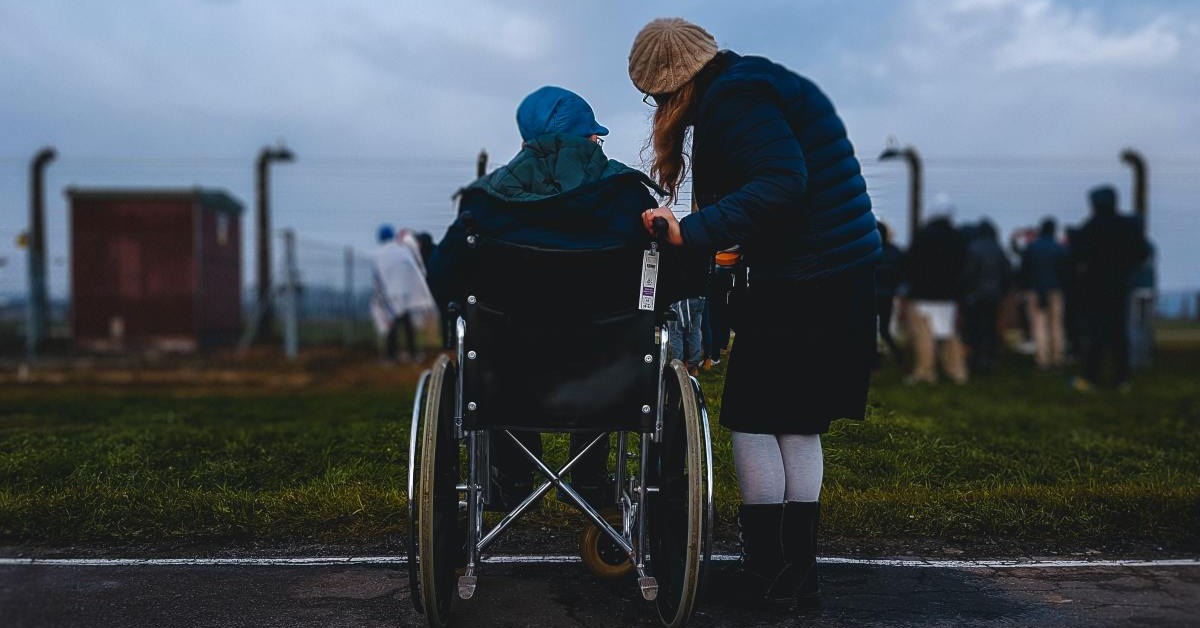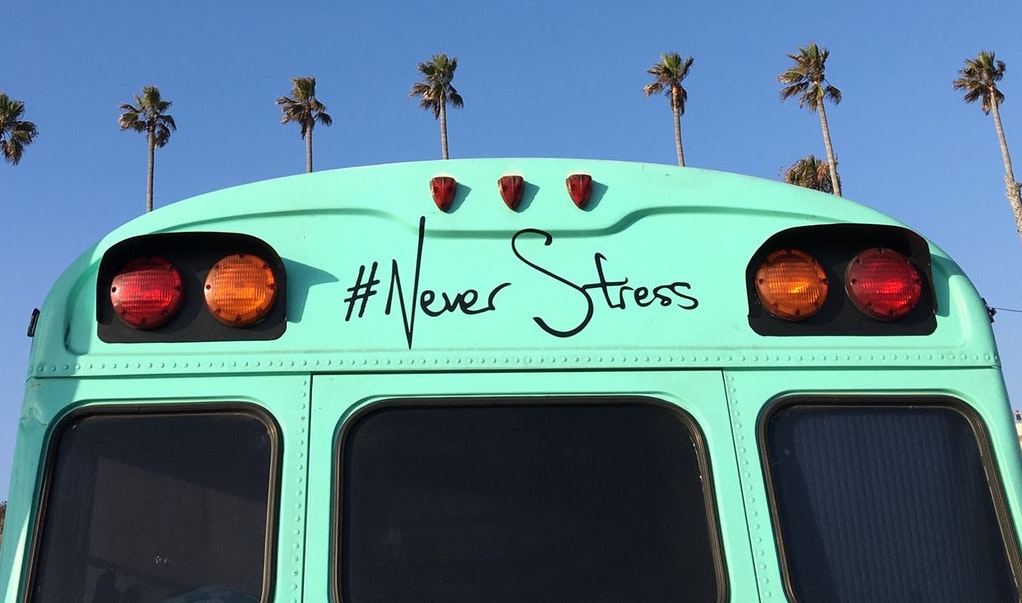
How to Become a Gerontological Social Worker
If you're passionate about improving older adults' quality of life [...]
Relative to the time it takes to pursue other regulated professions — especially those in the “helping” professions — the path to becoming a licensed social worker offers a fast track to establishing oneself as a licensed professional. Beyond the traditional two-year pathway, there are other options for completing the Master of Social Work (MSW) degree. There’s a fast track that can accelerate to warp speed in a 16-month master’s program. Or you can complete the degree in as little as one year if you already have a Bachelor of Social Work (BSW) degree, or prior work experiences that qualifies you for an advanced standing MSW. If flexibility is key, then your MSW studies can be stretched out longer to adapt to your schedule.
Whatever your situation, pursuing a graduate degree is an important career move, one that will affect you mentally and financially for several years. You may want to think about the impacts on both your personal and professional life before jumping into a master’s degree program.
Are you ready?
What will it take?
And how much real time will it take acquire that master’s degree?
A cornerstone of the Master of Social Work is the unique training obtained in the supervised field placement. MSW students are typically placed in fieldwork assignments that operate in a 9 to 5 weekday setting. This does not mean you will be working five days a week (this is school after all), but you will be putting in a lot of hours. There are requirements for time spent in your academic courses, and likewise a certain number of hours you must spend obtaining that invaluable hands-on training. In full-time two-year MSW programs, the field placement is typically 900 to 1200 hours. That breaks down to about 16 to 20 hours of field education per week to meet the number of hours required for graduation. Further, you will likely have to complete two fieldwork experiences back-to-back to meet all those graduation requirements.
Finally, not all fieldwork settings are created equal. Their proximity to your home or dorm and the areas of specialization available may be affected by the geographical location of your master’s degree program. Importantly, there are fieldwork experiences that may lead you to your first job out of school — and if you are on financial aid, some may even pay you a stipend. You will need to research all of this carefully before choosing an MSW program.
Because all MSW students – enrolled in an on-campus or online program – must complete the requirements of supervised fieldwork, completing a master’s program in social work requires a big time commitment. It’s a career-driven degree that requires you to jump right into the trenches. This means you need to consider the best program for your lifestyle, as well as your career goals.
| University and Program Name | Learn More |
|
Virginia Commonwealth University:
Online Master of Social Work
|
One way to determine what might work best is to think about your timetable and current responsibilities. Perhaps you are someone who wants to get in and out of school as quickly as possible because you can’t afford to be out of the workplace for a lengthy period of time. Or you may have a family and full-time job to juggle.
The good news for any aspiring Master of Social Work student is that you have options. You can pursue a traditional two-year program, an accelerated track if you qualify, a 16-month program which offers a straight shot through the summer months, or enroll in an accredited and reputable online program with smart options for fieldwork assignments – an increasingly popular choice. If you need to complete the program at your own pace, there are also part-time options where the MSW can be completed within two to four years.
The only constant to all these programs is that you must complete a minimum number of supervised fieldwork hours to earn the degree. This is the signature training that defines graduate social work education; there is no way around this requirement, because social work is a regulated profession. For part-time students, the sticky wicket here is that fieldwork jobs are typically not available on weekends or evenings.
By design, accelerated programs are meant to “accelerate” students who already hold a Bachelors of Social Work (BSW) or who have prior or ongoing relevant work experiences. If you believe you fit into this category, an accelerated MSW program may be right for you, allowing you to complete the program in as little as one year. In this case, the fieldwork requirement is not waived. However, students receive credit for their prior coursework and fieldwork obtained with the BSW, or in their current or past employment. The requirements for acceptance into an accelerated MSW program can vary by program and depend on your fieldwork. You will need to do your homework and see if your background qualifies you for an accelerated master’s track.
For an accelerated student, the required time spent in fieldwork may be halved because of credit given for prior work experiences. Generally a total of 450 to 900 hours,which represents about 8 to 14 hours per week, is required. The minimum hours required for graduation are at the discretion of the program. An important note: a BSW degree is not a requirement for admission to a MSW program. However, a BSW may qualify a student for advanced standing in an accelerated program.
The 16-month track is a compressed version of the two-year track. Students typically start their program in January and are able to finish their training and graduate by the following May/June. This program requires you go straight through the summer with no time off. Back-to-back fieldwork internships are part of this program as well.
Sophisticated technology platforms that offer live sessions (and asynchronous coursework) now allow students to pursue their degrees through online MSW programs. In fact, getting the MSW online has never been easier or more practical for those with busy lives. Online programs offer great flexibility because they can adapt to your current schedule.
Like their on-campus MSW peers, all online students must complete the fieldwork component of social work education. In fact to become certified, all online students must complete a minimum of 900 hours in a practicum. Fortunately, many online programs have developed creative and smart approaches to helping students fulfill their fieldwork assignments no matter the distance or locale. Program administrators partner with fieldwork institutions in a student’s hometown or local community to set up the appropriate supervise experiences.
Another benefit of pursing the online MSW is that you can enroll in a program with a unique focus, area of specialization, or academic prestige and not have to uproot your life to attend the program. A world-class education that speaks to your particular passion can be accessed through your laptop no matter where you are. This all said, the key to finding a reputable online MSW program is to make sure it is fully accredited by the Council for Social Work Education (CSWE).
Questions or feedback? Email editor@noodle.com

If you're passionate about improving older adults' quality of life [...]

You'll need the right licenses and certifications to practice social [...]

Top earners in substance abuse social work can earn over [...]

Social work is among the most stressful professions, experts agree. [...]

Many Doctor of Social Work (DSW) programs offer full-time, part-time, [...]
Categorized as: Social Work, Social Work & Counseling & Psychology